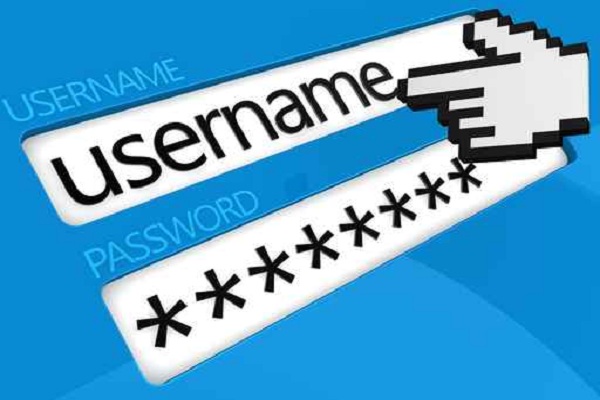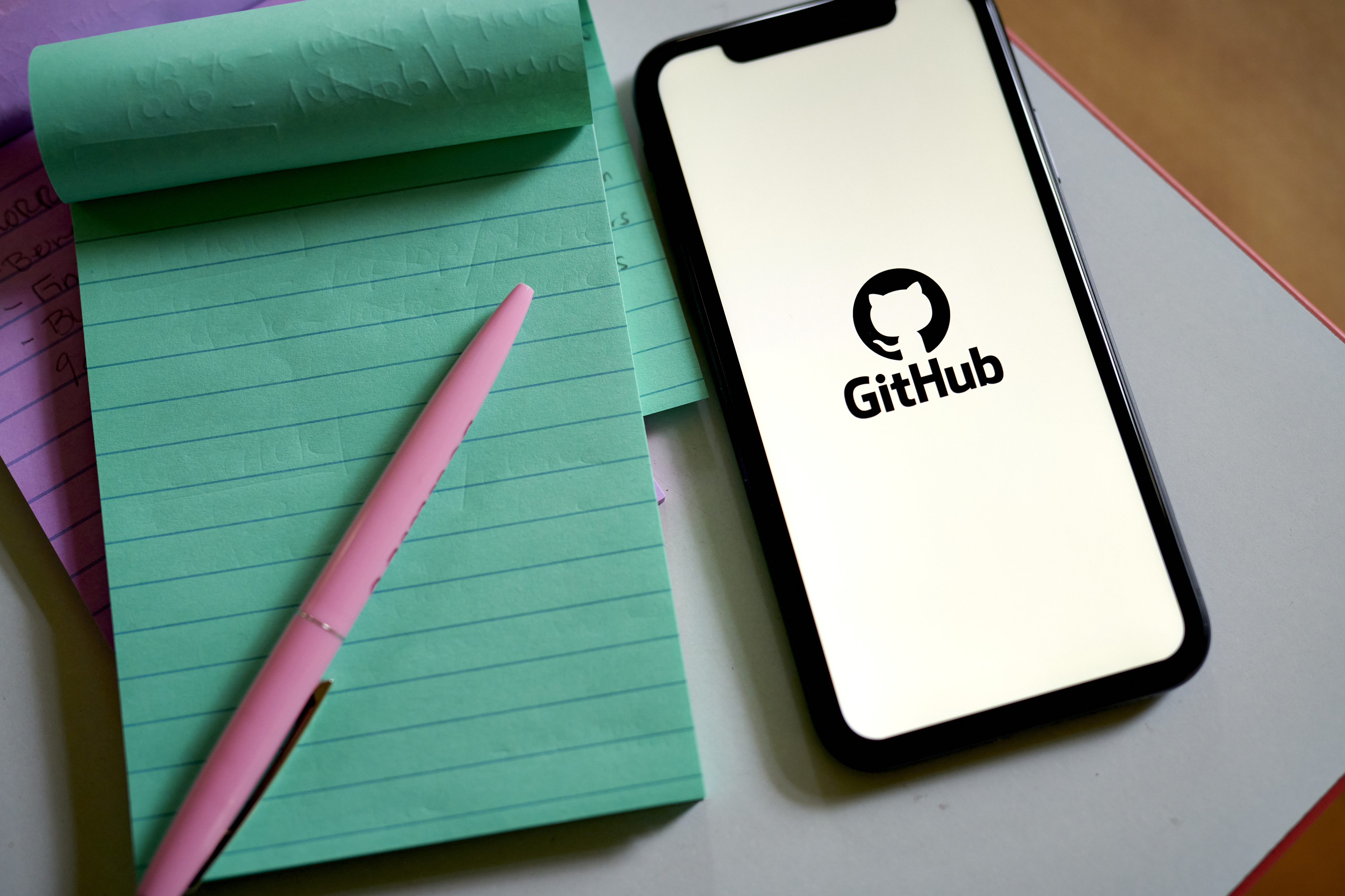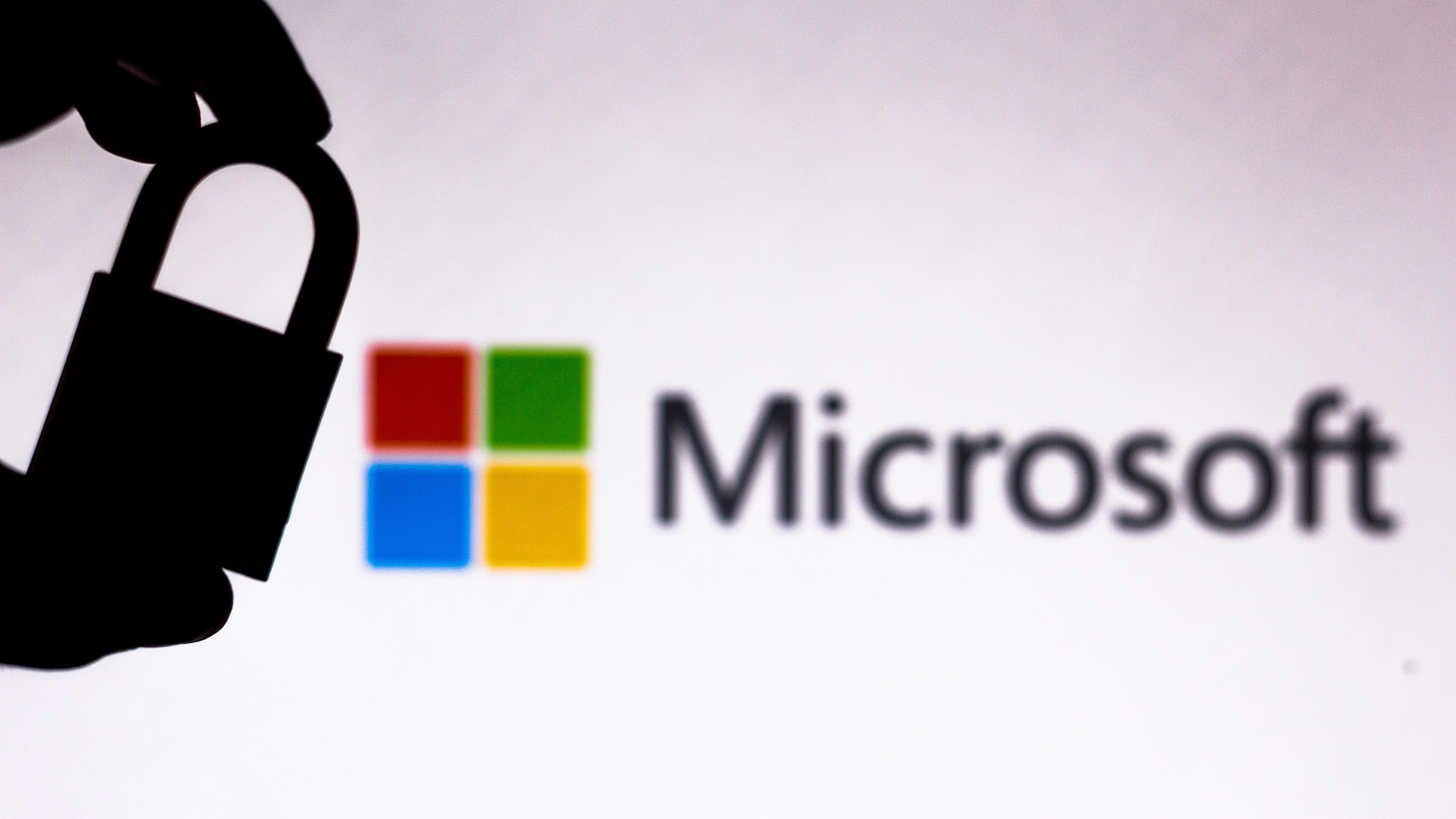Lost passwords, lost identity?
Yahoo's plans to do away with passwords highlights the pitfalls of weak authentication and the tech's surprising resilience

Inside the Enterprise: The search for a viable alternative to the humble password has kept IT experts busy for at least a decade.
Both in enterprises, and for companies providing services to the public over the internet, reliance on passwords is a source of concern. They are too easily guessed, hacked, and forgotten.
Yahoo is just the latest company to call time on the password. In the US, the firm is moving towards a system of one-time codes sent via SMS or text messages to users. Already used as an additional authentication step by banks, one-time codes fulfil one of the key tests of multi-factor authentication: something you have, something you know, and something you are.
Passwords are, of course, something we know. The problem is that they are all too easily forgotten. This prompts users to pick either simple passwords "Password" is a favourite - to write them down, or to use one password for multiple online services. Even worse, from an enterprise point of view, are users who reuse a corporate password on a home device, or vice versa.
A one-time code, of the type being developed by Yahoo, replaces something you know by something you have. In fact, it works by requiring two things: the user needs to have both a device, in this case a phone, and the unique code.
Codes are usually only valid for a short period of time, and as the name suggests, can only be used once. But such systems are not flawless. A four-digit code, as Yahoo is suggesting, is not especially hard to crack.
Then there is the physical challenge of sending authentication codes to a mobile device. Phones can be lost, run out of power, or be in an area where there is no signal.
Get the ITPro daily newsletter
Sign up today and you will receive a free copy of our Future Focus 2025 report - the leading guidance on AI, cybersecurity and other IT challenges as per 700+ senior executives
If a user cannot access their device, then the options are either to lock them out of the service, until they can receive an SMS, or fall back on a weaker system of authentication. Typically, that's a password and some basic information, such as the user's mother's maiden name.
None the less, companies are continuing to look at alternatives to passwords, if only to reduce the time and money spend on resetting lost, stolen, or forgotten IDs.
But some identity and privacy experts argue that it would be better if the industry came together and developed a common system, which consumers and businesses cold use for authentication across a range of services, rather than just one.
"It is not just Yahoo doing it, but passwords for them are a nightmare," said Paul Simmonds, CEO of the Global Identity Foundation. "The problem is they are putting in bespoke solutions. So we are moving to yet another bespoke solution. We need to a common solution everyone agrees on, rather than bespoke."
Those alternatives, though, have to appeal to users as well as to service operators.
"Alternatives have to be usable and desirable Robert Lapes, head of identity advisory services at CapGemini. "People must want to use it and be able to use it effectively. We have to work harder at making things easier."
And that will mean no more passwords on a sticky label under the keyboard, please.
Stephen Pritchard is a contributing editor at IT Pro.
-
 Global cybersecurity spending is set to rise 12% in 2025 – here are the industries ramping up investment
Global cybersecurity spending is set to rise 12% in 2025 – here are the industries ramping up investmentNews Global cybersecurity spending is expected to surge this year, fueled by escalating state-sponsored threats and the rise of generative AI, according to new analysis from IDC.
By Ross Kelly Published
-
 Google Cloud is leaning on all its strengths to support enterprise AI
Google Cloud is leaning on all its strengths to support enterprise AIAnalysis Google Cloud made a big statement at its annual conference last week, staking its claim as the go-to provider for enterprise AI adoption.
By Rory Bathgate Published
-
 I love magic links – why aren’t more services using them?
I love magic links – why aren’t more services using them?Opinion Using magic links instead of passwords is safe and easy but they’re still infuriatingly underused by businesses
By Solomon Klappholz Published
-
 Password management startup Passbolt secures $8 million to shake up credential security
Password management startup Passbolt secures $8 million to shake up credential securityNews Password management startup Passbolt has secured $8 million in funding as part of a Series A investment round.
By Ross Kelly Published
-
 LastPass breach comes back to haunt users as hackers steal $12 million in cryptocurrency
LastPass breach comes back to haunt users as hackers steal $12 million in cryptocurrencyNews The hackers behind the LastPass breach are on a rampage two years after their initial attack
By Solomon Klappholz Published
-
 GitHub launches passkeys beta for passwordless authentication
GitHub launches passkeys beta for passwordless authenticationNews Users can now opt-in to using passkeys, replacing their password and 2FA method
By Daniel Todd Published
-
 Microsoft SQL password-guessing attacks rising as hackers pivot from OneNote vectors
Microsoft SQL password-guessing attacks rising as hackers pivot from OneNote vectorsNews Database admins are advised to enforce better controls as attacks ending in ransomware are being observed
By Rory Bathgate Published
-
 No, Microsoft SharePoint isn’t cracking users’ passwords
No, Microsoft SharePoint isn’t cracking users’ passwordsNews The discovery sparked concerns over potentially invasive antivirus scanning practices by Microsoft
By Ross Kelly Published
-
 Microsoft Authenticator mandates number matching to counter MFA fatigue attacks
Microsoft Authenticator mandates number matching to counter MFA fatigue attacksNews The added layer of complexity aims to keep social engineering at bay
By Connor Jones Published
-
 As Google launches passwordless authentication for all, what are the business benefits of passkeys?
As Google launches passwordless authentication for all, what are the business benefits of passkeys?News Google follows Apple in its latest shift to passwordless authentication, but what are the benefits?
By Ross Kelly Published